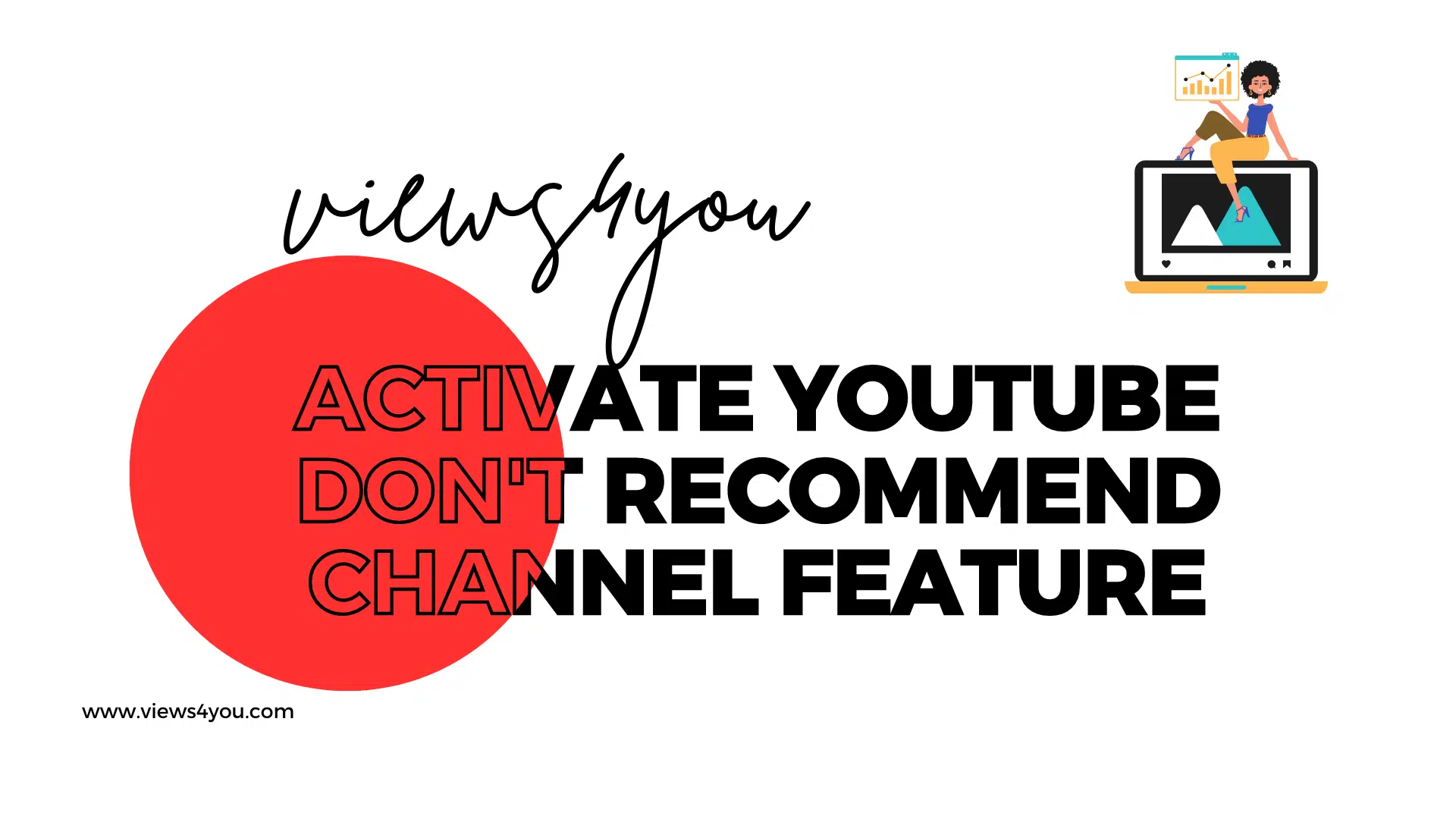As a US-based YouTuber, you can deduct many business expenses from your income to save on taxes. Keep good records of your spending on things like computer equipment, office supplies, phone bills, and other business-related purchases to claim substantial YouTube channel tax write-offs.
Are you a US-based YouTuber creating content for fun or as a business? Either way, understanding the financial implications of running your channel is key. If your YouTube channel generates income through checks, sponsorship deals, or free merchandise, you are a business owner.
This means you are earning taxable income in the US. But you can leverage tax write-offs to your benefit before the dedicated Tax Day (April 15th.) By taking advantage of the tax benefits for content creators, which will be discussed in this article, you can retain more of your income.
3 Key Tax Filing Tips Every US YouTuber Should Know
Before we continue with the write-offs available to you as a YouTuber, I want to share some essential tips you must know first.
1. Report All Your Earnings
You must report all income earned from your channel, including ad revenue, sponsorships, affiliate marketing, and donations. If you earn more than $600 in a year, you must declare it to the IRS. You will be issued a YouTube tax form, called a 1099 form by the IRS.
If part of your earnings were from YouTube collaboration, and you earned more than $600, the brand will also provide you a 1099 form. Even if you’re not issued this form, you should still keep accurate records of your earnings and declare them when due.
2. The IRS Needs to Know Everything About Your Income
The IRS demands clear reporting of all income you earn as a YouTuber. Whether you receive a 1099 form from a payer or not, you are required to report all income on your tax return.
This brings about the question “Does YouTube withhold Taxes?” While YouTube may not withhold tax ordinarily, it may be if you belong to a YouTube Partner Program or provide incorrect task information. If you fail to report your earnings, it can lead to penalties, fines, or even legal consequences.
However, the IRS understands that living as a freelancer and running a business is expensive. This is where YouTube channel tax write-offs come into play. At the end of the day, it becomes logical to declare all earnings legally rather than go through dubious means. You can find more information on the IRS website.
3. Filing for Extensions Only Applies to Paperwork, Not Tax Payment
You can file for an extension to submit your tax paperwork, like tax returns. You should however note that an extension does not extend the deadline to pay any taxes you may owe. The purpose of the extension is to give you additional time to prepare and submit the required paperwork if you need it.
10 Tax Write-Offs You Can Claim as a US YouTuber
Based on IRS regulations you can deduct what it classifies as legitimate “ordinary” and “necessary” YouTube business expenses from your income. Want to know what they are? Keep reading!
1. Computer-Related Bills
If you purchase or upgrade your computer or apparatus used for video editing and content creation, you can claim that purchase as part of your tax-deductible expenses. Note that the computer must be used solely or mostly for the business or it will not qualify as a deductible expense.
2. Filming Expenses
Here, you can claim the costs associated with purchasing cameras, lenses, tripods, and other filming equipment essential for producing high-quality YouTube content. If you also rented a studio space or other equipment for some of your videos, the expenses you spent for this purpose are also deductible.
3. Office Supplies and Payments
Running a business will require purchasing some supplies. So, your YouTube business expenses such as office supplies (printer and ink, desks, chairs, etc.), stationery (folders, binders, clips, pencils, etc.), postage, and any other consumables used in the operation of your YouTube channel are deductible.
For instance, if you blog about home cleaning and you review a line of cleaning products for your viewers, you can write off those supplies as they’re directly related to your business. Ensure you keep receipts of all these purchases and indicate which video the receipt is for.
You can also claim expenses for marketing materials like business cards, banners, flyers, and promotional merchandise branded with the YouTube channel’s logo.
4. Home Office Costs
YouTubers can deduct a portion of rent or mortgage interest, property taxes, utilities, and home insurance premiums attributable to the space used as a home office for YouTube-related activities.
Let’s say you use a small portion (about 300 square feet) of your 3,000-square-foot apartment as a home office. This means 30% of all the costs of your home can be deducted as home office expenses. Expenses for home office furniture, equipment (e.g., desk, chair, shelves), and renovations or repairs you might have made can be claimed.
5. Subcontractor Charges
To create great content might at times require a village. If you have hired freelancers, editors, graphic designers, animators, translators, or other creatives, their fees are deductible as a business expense.
You also need to issue them a YouTube tax form called a 1099 form by January 31st of the following year if you have paid them over $600 in a year. They can then report the income on their taxes.
6. Phone and Internet Fees
You can claim a portion of phone bills and internet expenses you used for the operation of the YouTube channel such as responding to emails, managing social media, conducting research, and replying to subscriber’s comments. This category covers expenses for data plans, mobile apps, cloud storage, and virtual private network (VPN) services.
You can however only claim the cost spent, and not 100%. If you do claim everything and the IRS finds out, you’d be owing money.
7. Travel Bills (National and International Trips)
Some YouTubers create content based on Travel, and if you happen to fall under this category, you can claim expenses which include airfare, train or bus tickets, rental car fees, and accommodation costs incurred while traveling.
You can also claim meal expenses (up to 50% of the total cost) and incidental expenses (e.g., taxi fares, parking fees, tolls) associated with business travel. You must be very clear when making a distinction between what you spend on personal use and what you spend on business even when you’re on trips related to work.
The IRS also gives a 50% tax deduction on meals and entertainment. So, let’s say you take yourself out to the movies when you travel and spend $200. You can deduct $100 from your tax. You must ensure you confirm with your CPA if you’re not sure, though.
8. Local-Related Travels (with Regards to Your YouTube Business)
If you travel locally for business purposes like attending meetings, events, or filming locations, you can deduct local transportation expenses. These include gas, public transportation fares, parking fees, and even tolls incurred while traveling for YouTube-related activities as long as you keep all receipts.
In 2023, the standard mileage rate you could deduct was 65.5 cents per mile for business purposes, but you must ensure to keep good records of your mileage and the number of miles driven.
9. Bank and Shipping Fees
Fees related to bank accounts, credit card processing, PayPal transactions, wire transfers, and currency conversion fees for international payments are deductible. If you sell merch, you can ask for a write-off for your postage and packaging expenses, even a PO Box.
10. Software Licensing Bills and Subscriptions
If you pay license fees to access software that you use for business, you can demand it as a deductible. Say you teach UX design tutorials on YouTube and you need to pay a license fee for the tool you use, you can claim such.
If you pay a subscription, whether monthly or yearly for software tools and editing programs like Adobe Creative Cloud, or Adobe Photoshop, you can also claim these as tax deductible. Other related software may be SEO products, website plugins, accounting software, website hosting, etc.
If the IRS inquires, you’ll need to prove that the tools are directly related to your business by showing how you paid for the tool to make money on YouTube.
FAQs
Should I Worry About Tax Bills If I Made a Small Amount of Money from YouTube Ads?
If your YouTube channel income is below $600 per year, you may not be obligated to report it on your taxes. However, it’s always good to keep records of your income and expenses.
Are There Other Resources That Can Help You Understand Taxes Better?
There are lots of resources online and from the IRS that can help you understand YouTube taxes. Tax professionals who specialize in content creation can also be consulted for better guidance.





